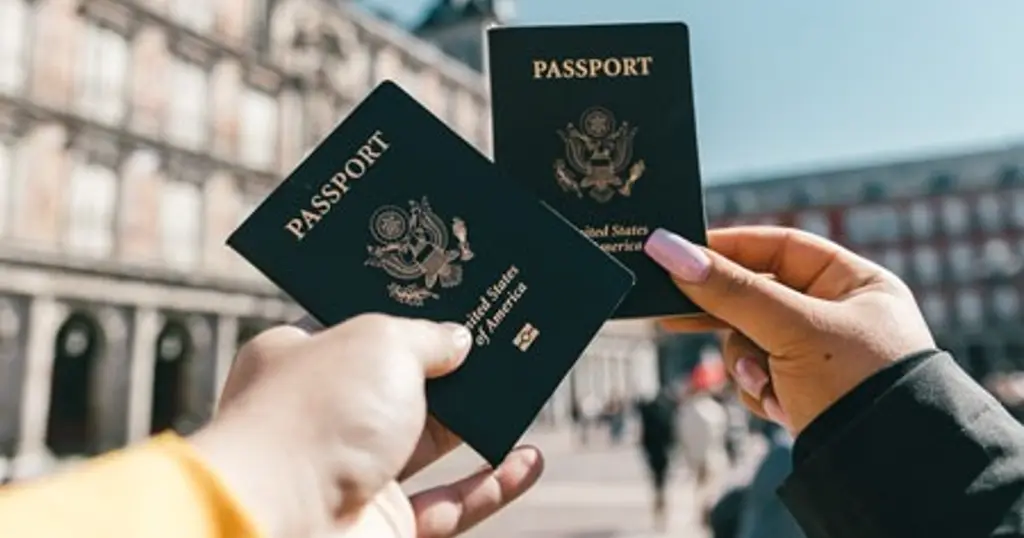Naturalization is the legal process of obtaining U.S. citizenship after birth. Naturalized citizens are allowed all the rights and privileges of natural-born citizens, including the right to vote, serve on a jury, and participate in government and the political process.
The Naturalization Act was the country’s first law that regulated the naturalization of foreign-born Americans passed by the United States Congress on March 26, 1790. Now, the Immigration and Nationality Act of 1965 governs naturalization.
The naturalization process consists of the following requirements:
- A specific period of continuous residence in the United States meeting the requirements of physical presence within the U.S. over a certain time period;
- State residency requirements for at least three months for filing purposes;
- The ability to speak, read, and write basic English;
- A knowledge and understanding of the United States government and history;
- Attachment to the principles of the Constitution;
- Being of good moral character and;
- Having a favorable disposition toward the United States.
This is the process that allows you to become a US citizen:
On September 18, 2017, Brooklyn’s federal court took part in a naturalization ceremony today where 51 diverse men and women became United States citizens, in front of 19 federal judges. Chief Judge Dora Irizarry stated: “The men and women who will become citizens today and the thousands who are naturalized every year have given up everything, their countries, families, and homes.
It was hard work, hope, and relentless faith in this American dream of immigrants that built this country and made it great.”
Read Also:


